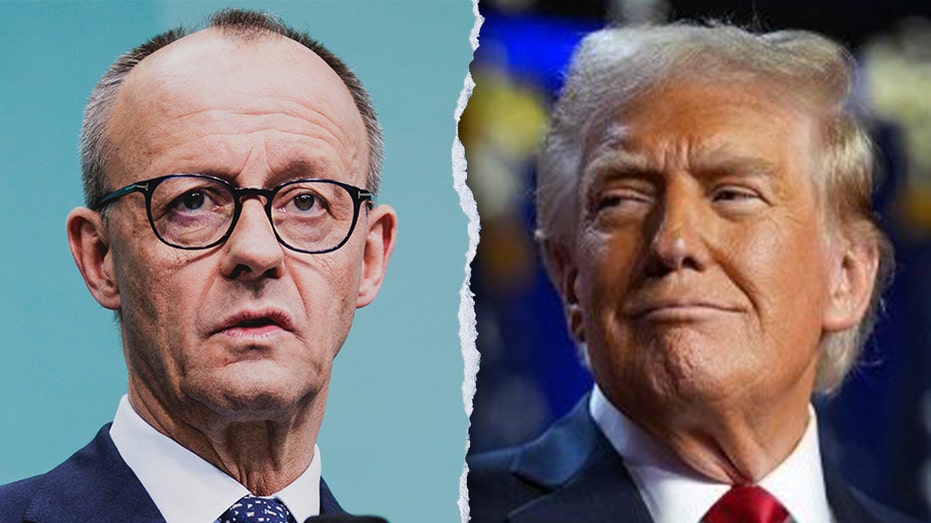Germany's Merz to 'Adapt' to Trump in High-Stakes Tariffs and Defense Talks
German Chancellor Merz and President Trump to discuss trade disputes, defense issues, and NATO's funding boost

German Chancellor Friedrich Merz is scheduled to meet with President Donald Trump on Thursday in Washington, marking the first official visit by Merz since his appointment last month. The meeting, which comes amid heightened tensions from ongoing conflicts in Europe and the Middle East as well as mounting trade disputes, is expected to address a packed agenda of transatlantic concerns.
The relationship between Germany and Trump’s administration has been marked by public disagreements and mutual frustration in recent years. Nonetheless, recently reported positive conversations between the two leaders suggest that Thursday’s meeting is likely to be cordial. German officials are hopeful that this goodwill will help advance negotiations to roll back the 25% tariff on imported vehicles and parts imposed during Trump’s earlier term, along with the still-current 10% tariff on most goods—a reduction from the prior 20% that offers only temporary relief for European exporters.
Merz’s arrival in the U.S. capital comes at a pivotal time for Europe. With growing uncertainty over American commitments to collective defense, allied nations such as France and the United Kingdom have begun to recalibrate their security and economic relationships. Germany, too, is seeking to strike the right balance between close ties to Washington and greater autonomy for Europe—a strategy Merz emphasized in remarks to German media ahead of his trip. “You have to adapt to him and get involved with him—at the same time, you can’t make yourself smaller than we are,” Merz said, underscoring his intent to negotiate from a position of strength rather than supplication.
One of the main topics on the table is NATO defense spending. President Trump has long called for NATO countries to shoulder a larger share of the alliance’s costs. While Germany recently surpassed NATO’s 2% GDP benchmark for defense spending, Merz has publicly backed calls to increase this further, up to 5%, aligning with Trump’s ambitious targets. This move is seen as a potential bargaining chip for Merz, who aims to secure stronger American support for Ukraine and encourage deeper European involvement in future peace initiatives.
The tone and outcome of the meeting remain unpredictable, especially given the president’s history of blunt and sometimes explosive exchanges with foreign leaders. The Oval Office has witnessed tense moments in recent months, including sharply worded comments toward Ukraine’s Volodymyr Zelenskyy and controversial statements regarding South Africa’s government that reverberated across the diplomatic community. As Merz navigates these challenging dynamics, he hopes to establish a pragmatic and respectful dialogue that will benefit both nations and strengthen transatlantic cooperation in an increasingly volatile world.
Ultimately, much will depend on whether Merz can translate shared interests—such as robust defense commitments and economic partnership—into concrete steps forward, particularly as Europe braces for continued uncertainty and shifting global alliances.




